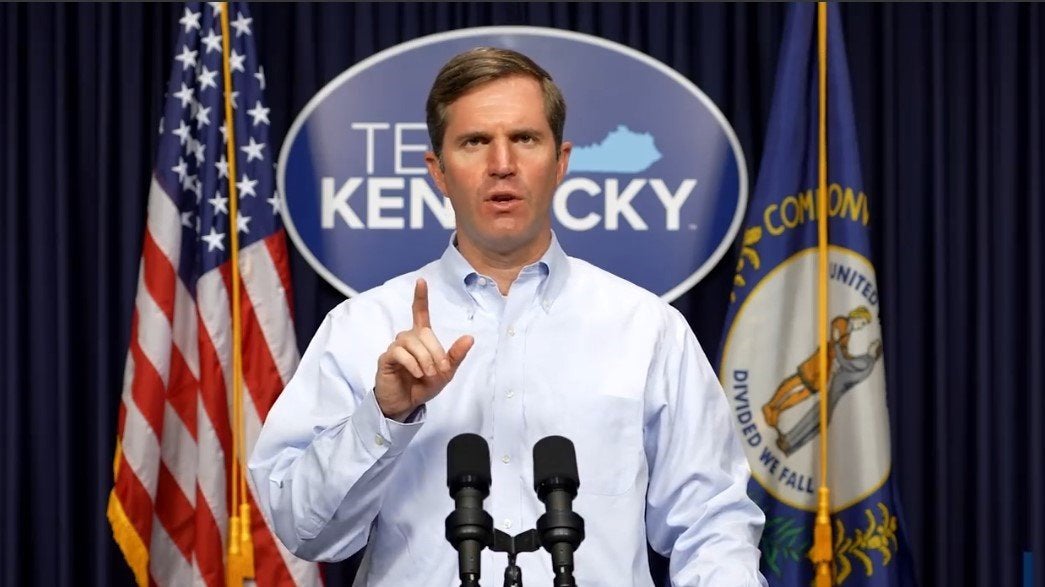We need real answers from White House efforts on opioid crisis
Published 8:50 am Thursday, December 7, 2017
By KATHY MILES
Boyle County ASAP
This past weekend, Attorney General Jeff Sessions announced that White House counsel Kellyanne Conway will be in charge of the administration’s response to America’s opioid epidemic.
Conway has no public health experience, but will be tasked with developing a plan to address one of our worst public health crises. Conway ran a polling company before coming to serve in President Trump’s White House. To her credit, she is reported to have been studying closely the final work of the President’s Commission on Combating Drug Addiction and the Opioid Crisis, which has been led by New Jersey Governor Chris Christie. It is assumed that the commission’s report will drive the plan which comes out of the White House.
Also last week, President Trump announced that he would donate his third-quarter salary to fight the opioid crisis. It is hoped that our leader’s donation symbolizes a long and lasting commitment to address a multifaceted problem. The plan that comes out of the White House — as well as the resources to support the plan — will tell the tale.
In October, Conway told Fox News that “the best way to stop people from dying from overdoses and drug abuse is by not starting in the first place.” She added, “That’s a big core message for our youth.”
Many of the people who are adults in active and untreated addictions and many who have died from drug overdoses were youth when the “Just Say No” campaign was active across our country. It would be safe to assume that most of their parents told them not to use drugs. And many others who have died from drug overdoses had no idea they should “just say no” to taking legally prescribed medications, which pharmaceutical companies marketed falsely as not addictive.
So, once again, people who live in places like Danville will watch and see if a plan to turn around a national crisis will trickle down to us and help us make a real difference. We do not expect all of the answers to come from the top down, but there is some assistance needed that local communities are not able to provide. We will wait to see if the answers are thoughtful, doable and based on the best information available. Here are some recommendations for Conway as she takes on a challenging leadership role:
The White House plan should reflect information presented in the November 2016 Surgeon General’s Report, “Facing Addiction in America.” Considerable time and resources went into compiling that report. It was produced under the previous administration, but was not a partisan report. It was based on research and the best of “expert” thinking in a complicated field of public health. We do not need to reinvent the wheel — this is a time to rise above partisan politics to save lives. Let’s build on what we have and move forward. And, yes, we need some additional resources to do some of what has been recommended.
America needs a plan that helps us address both the supply issues of drugs, and the demand issues. When addressing supply, give law enforcement more assistance in arresting the dealers who are selling lethal drugs on the streets. And don’t shy away from the role of pharmaceutical companies in throwing ethics to the wind for the sake of huge profits. Apply what we learned about the role of tobacco companies in knowingly contributing to addiction as the role of Big Pharma is evaluated.
Addressing demand for drugs is a very complicated, multilayered problem. Recommendations must include what prevention strategies work best. Parents of children in our small town are asking the question every day, “So now that I know the problems are here, what can I can do as a parent?” Although some answers already exist, we need more from our national leadership. Please don’t oversimplify this, or turn it into a sound bite or a tweet. Children’s lives — and our country’s future — mean more than that to us.
Because we know that facts and figures usually don’t speak to us in the same manner as stories, we would urge White House leadership to spend some real time in communities like ours. Do what a Centre College sociology class recently did — listen to people in recovery talk about barriers to treatment and recovery, and supports that make a difference in their recovery. Pay attention to those narratives.
The White House plan yet to be developed is an opportunity to take a courageous stand to follow a new path of health, healing and rebuilding in America. Those of us in the everyday trenches of communities struggling with addiction are hopeful that the plan will help us make the changes that are so desperately needed.
Kathy L. Miles is coordinator for the Boyle County Agency for Substance Abuse Policy Inc.





